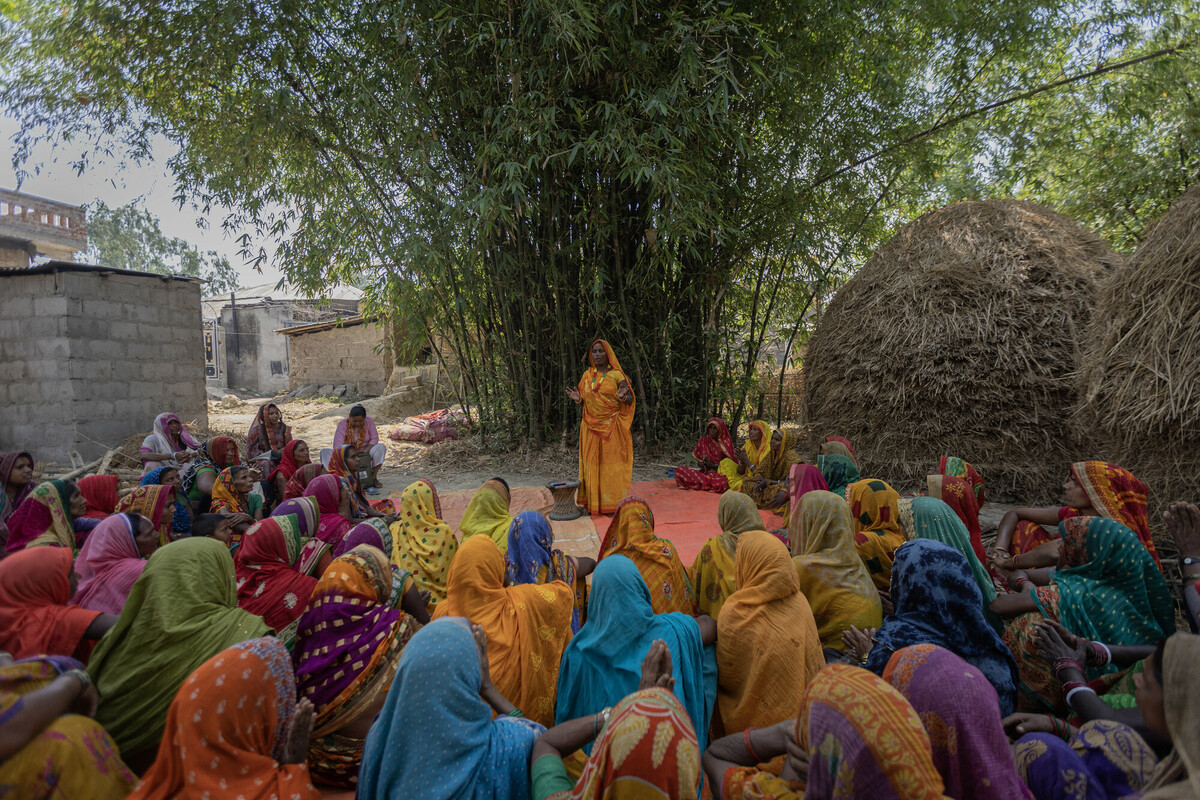
Hotspots
The Freedom Fund partners with frontline organisations and communities in slavery ‘hotspots’ – geographic areas where there is a high incidence of modern slavery. In each hotspot, we convene a network of grassroots organisations to strategically aligned programs, multiplying their capacity, impact and influence.
Our hotspot model directly facilitates collaboration, reduces competition, and creates “network capital” – helping partners to build the powerful coalitions needed to affect change at local and national levels. Our local staff convene and coordinate hotspot partners, supporting and amplifying their work through funding, institutional strengthening, advocacy, research, monitoring and external evaluation.
This approach identifies and promotes sustainable local solutions which can be scaled and replicated and ensures that interventions can result in a measurable reduction in slavery within five years.